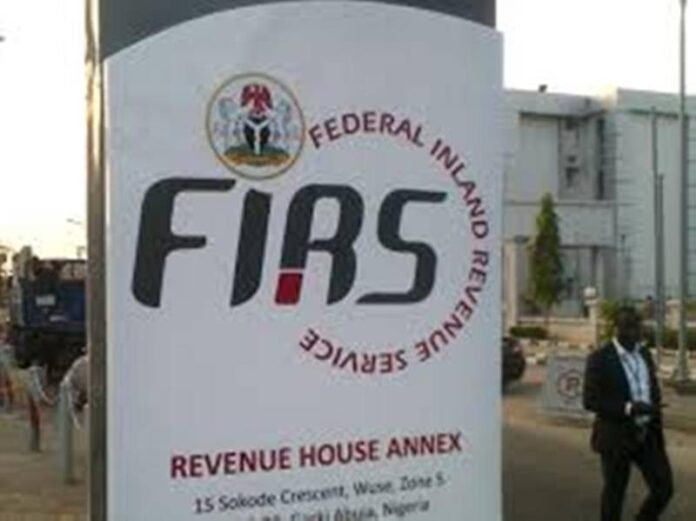By Jeph Ajobaju, Chief Copy Editor
A Port Harcourt Federal High Court dismissed on Monday an application by the Federal Inland Revenue Service (FIRS) to stop Rivers from collecting Value Added Tax (VAT), but the FIRS countered that it will continue to collect it in the state.
The FIRS filed the application in August after the same court ruled on August 10 that Rivers and other states should collect VAT and Personal Income Tax (PIT), not the FIRS because it does not have the constitution power to do so.
The FIRS on Monday urged taxpayers to continue to pay their tax under the VAT Act, as the News Agency of Nigeria (NAN) quoted a statement issued in Abuja by Johannes Wojuola, Media Assistant to FIRS Chairman Muhammad Nami.
“The FIRS [has] lodged in the Court of Appeal … an appeal against the decision of the Federal High Court sitting in Rivers State in Suit No. FHC/PH/CS/149/2020, Attorney General of Rivers State Vs Federal Inland Revenue Service,” Woluola said.
“And there is an injunction pending appeal of the said judgment, therefore we assure taxpayers that there is no cause for alarm.
“The [latest] Federal High Court ruling should not breed any confusion as to the obligations of taxpayers. Taxpayers must continue to comply with the Value Added Tax Act pending the final determination of appeal.
“Taxpayers must continue to honour their tax obligations under the VAT Act. Failure to do this would put them on collision course with the law.’’
Court empowers Rivers to collect VAT
On August 10, Justice Stephen Pam ruled that Rivers and not the FIRS should collect VAT and PIT in the state, in a suit filed by the state Attorney General against the FIRS and the federal Attorney General.
The FIRS appealed the judgment and asked for a stay of execution pending the determination of the appeal, an idea the same court dismissed on Monday.
In his ruling, Pam said
· The FIRS failed to file an application to set aside the Rivers State Tax Law of 2021 recently passed by the state Assembly and signed into law by Governor Nyesom Wike on August 19.
· Therefore the state law on VAT is valid and subsisting.
· It may be a difficult for the federal government to refund Rivers if his judgment authorising the state to collect the tax is upheld at the appellate courts, as the federal government already has a huge liability from the many years it has collected VAT on behalf of Rivers.
· Whatever amount Rivers may collect within the litigation period can easily be remitted to the federal government if the state loses at the Appeal Court.




